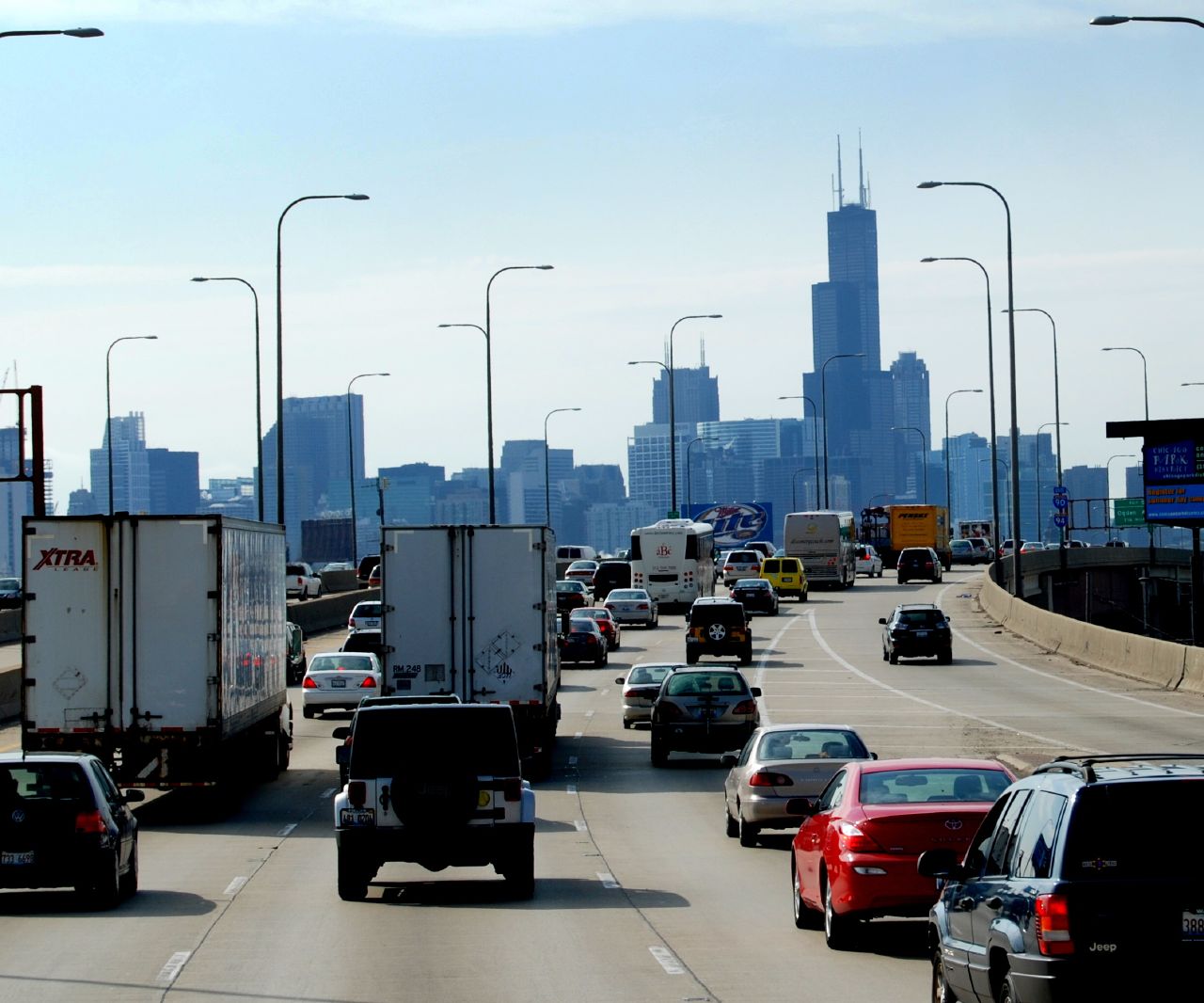Europe will require a life-saving speed-control system on all new cars — a move that the United States hasn't even contemplated despite the system's potential in reducing a decade-long bloodbath for American pedestrians and motorists.
The European Parliament voted last week to require that by 2022, all new cars will feature a system that restricts the flow of fuel to car and truck engines once the vehicle exceeds a set speed — typically pegged to the speed limit. European officials championed the bill, citing the possibility of saving 15,000 lives over the next 15 years, Forbes reported
Yet a similar proposal is not even on the books in the United States, where more than 6,200 pedestrians were killed last year, up 35 percent from 2009. The number of fatal crashes involving automobiles is also up sharply over the last seven years, with roughly 37,000 people dying as a result of vehicular crashes, statistics show. A large portion of those deaths are due to speeding.
"With nearly 10,000 people killed in speeding related incidents in the United States each year, managing unsafe speeds is essential to achieving Vision Zero," said Veronica Vanterpool, deputy director of the Vision Zero Network. "Speed limiters in cars can save lives and are worth exploring in the U.S."
Yet there has been very little discussion about using this technology — even in limited contexts. Yes, some traffic safety advocates have called for the devices to be mandated on long-haul semi-trucks — but the Obama Administration failed to get its 2016 proposal into law before the Trump Administration shut it down. It was estimated to save as many as 215 lives annually — nothing to sneeze at.
Nonetheless, even the Insurance Institute for Highway Safety and the Governor's Highway Safety Association, which have increasingly sought action on speeding, have stopped short of calling for this type of intervention. Experts don't know why.
"[Europe's new rule] is an extremely sensible move that will likely generate huge and lasting benefits to road safety," said Neil Arason, director of injury prevention at the British Columbia Ministry of Health. "Of all the potential actions available in the transportation field, reducing real-world speeds — in a way that works automatically by design — is probably the most effective and immediate thing that can be done to lessen injury outcomes and prevent loss of life."
It's also better for the environment. Ontario, which has required speed limiters at 68 mph since 2009, has reduced carbon emissions by an estimated 280,000 ons per year as a result of the devices.
In the current context of more and more road deaths and growing attention to climate change, policymakers may finally look to Europe. A spokesman for the Governor's Highway Safety Association, for example, called the E.U.'s mandate "good news."
"It's... another example of how the Europeans are more progressive than Americans regarding roadway safety," Jonathan Adkins told Streetsblog.
Still, we have a long way to go. Recently, U.S. traffic safety leaders were congratulating Volvo for voluntarily capping vehicle speeds at an outrageous 112 mph — as if there is a substantive difference between the killing power of an automobile traveling at 120 or 112.
It starts an important conversation: We can't talk about the goal of zero deaths without addressing speed. https://t.co/EZeUwnBmKv
— IIHS (@IIHS_autosafety) March 4, 2019






